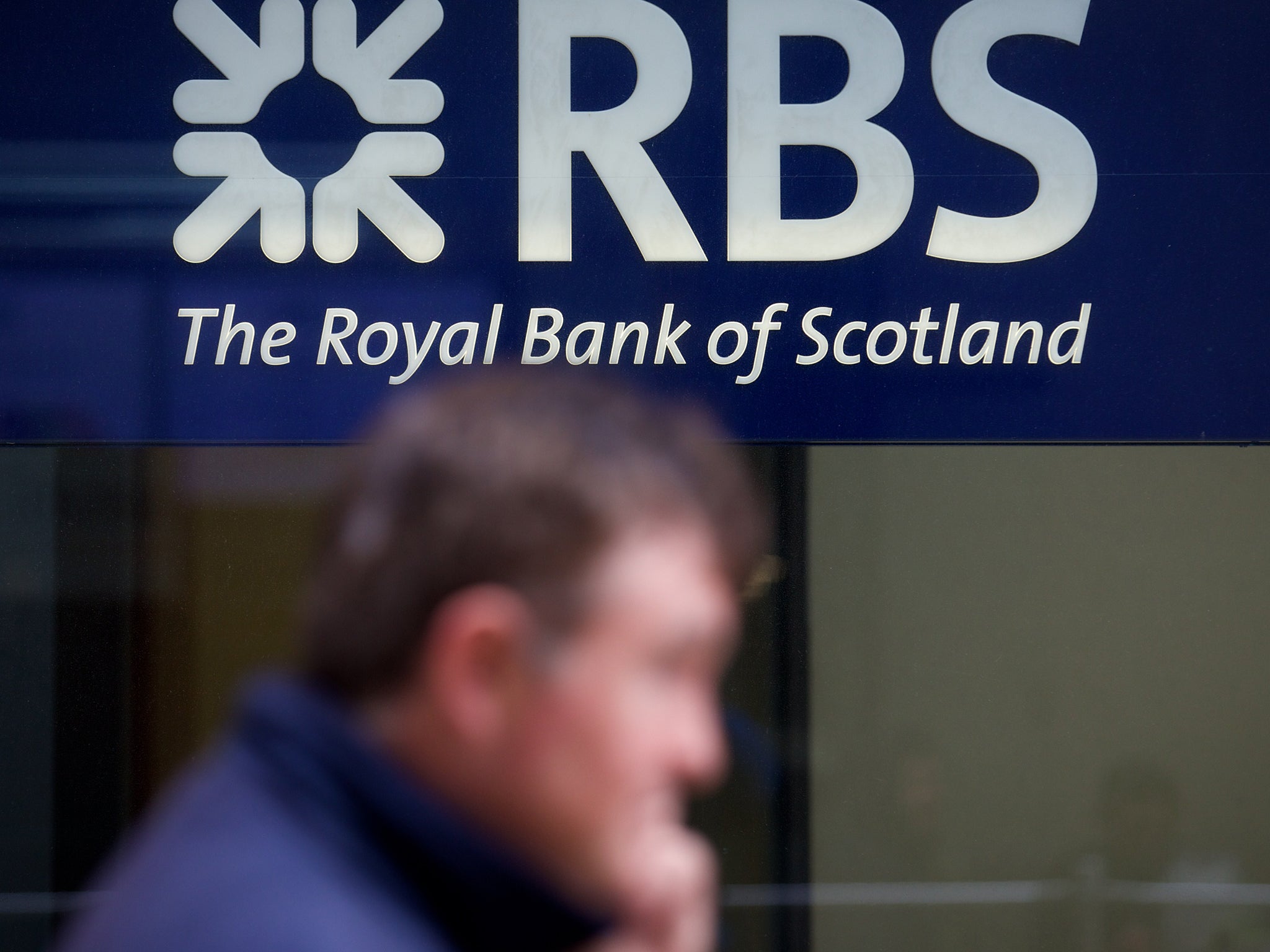RBS share sale explainer: why has Osborne started selling taxpayer's stake at a loss?
Everything you were too afraid to ask about the RBS share sale

What’s happening with RBS?
Seven years since the UK Government was forced to buy up shares in the Royal Bank of Scotland to stop it from going bust, George Osborne has decided to sell off the shares again, but not everyone is happy about it.
Why did the Government buy shares in the first place?
The Labour Government felt it had no choice. RBS had made risky short term investments – including buying another bank, ABN Amro, without proper checks – that did not stand up when the global financial crisis hit in 2008. It reported the biggest loss in UK corporate history of £24.1 billion in 2009.
Fearing the collapse of RBS would bring down the entire financial system, the UK Government supplied cheap funding and bought shares worth £45 billion amounting to a 79 per cent stake in the bank. Sir Philip Hampton, RBS Chairman, later admitted that taxpayers should never have been put in the position where they had to rescue RBS.
RBS Sir Philip Hampton, RBS Chairman
Why has it taken so long to sell the shares?
The Government bought shares at a price of just over 500p per share, but after the crisis hit, the share price dropped to historical lows of 90p. MPs previously thought it made sense to wait until the share price had recovered before selling the shares again.
Are people happy that the shares are finally being sold off again?
Not really. RBS shares are still trading 33 per cent lower than the Labour government paid for them, which means selling them has incurred a loss for the government of around £1 billion on the first sale of 600m shares. If the government sells all its holding at this price it will end up losing around £15bn.
Labour has been particularly critical of the decision to sell the shares now, accusing the Chancellor George Osborne of selling up when the bank is still in the process of restructuring and when it has yet to settle all of its fines for past misconduct.
So why now?
Some people doubt that RBS will ever be worth what Gordon Brown paid for it.
"It’s now abundantly clear that the Chancellor can't meet his promise to get the taxpayer’s money back by privatising RBS," says Christine Berry of the New Economics Foundation, of our current Chancellor George Osborne. Even Osborne has made an about-turn since the election, deciding that the time is now.
But the Bank of England-backed decision signals the start of a return to the status quo – where the taypayer does not own any significant shares in high street banks.
Subscribe to Independent Premium to bookmark this article
Want to bookmark your favourite articles and stories to read or reference later? Start your Independent Premium subscription today.

Join our commenting forum
Join thought-provoking conversations, follow other Independent readers and see their replies